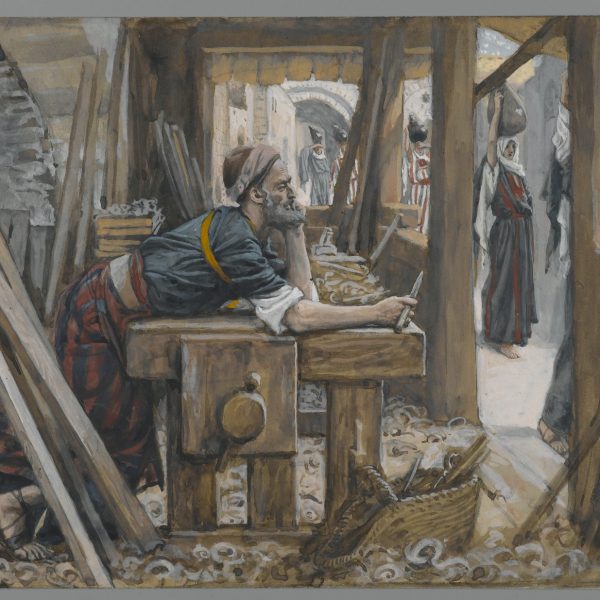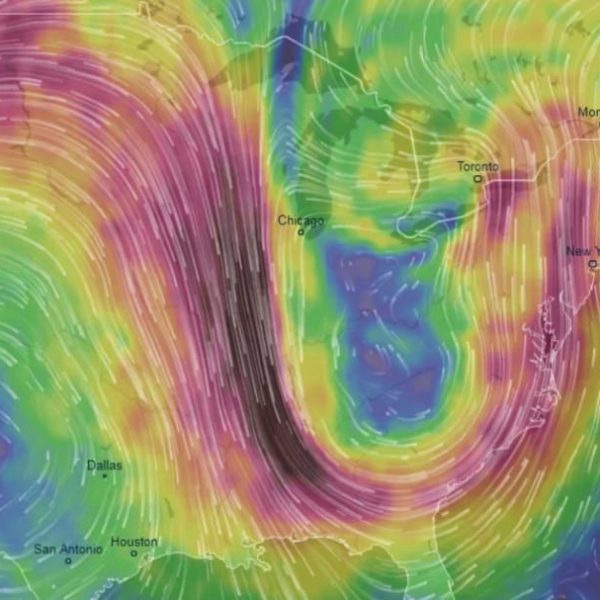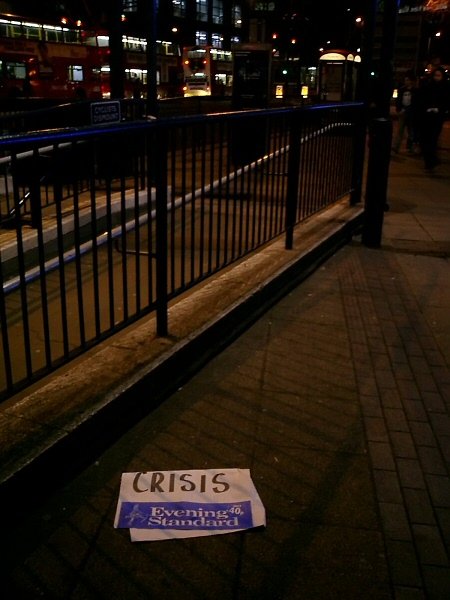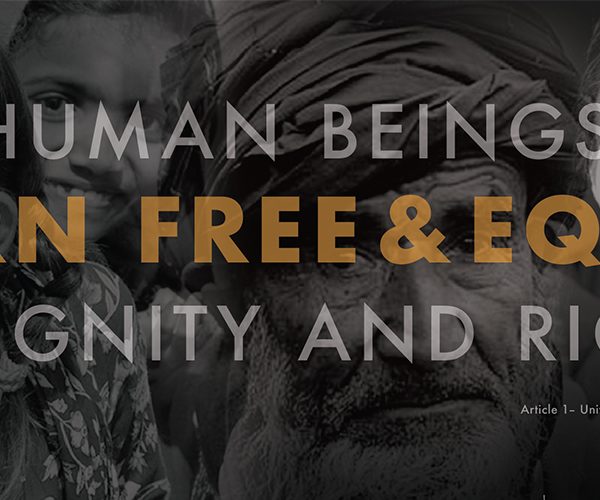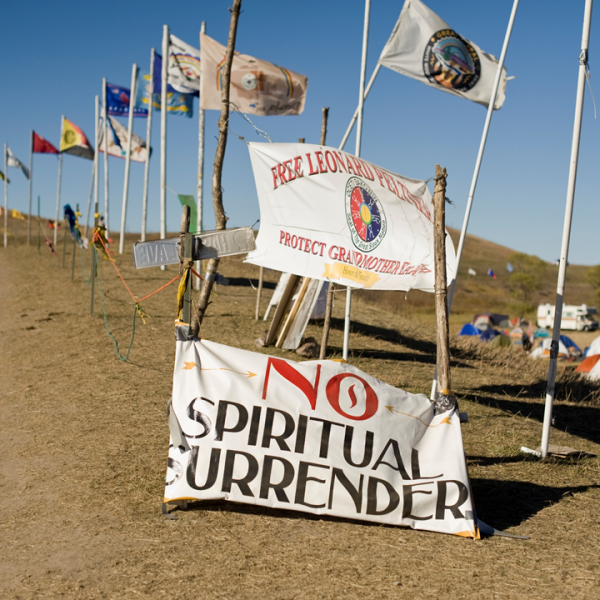
Political leaders need a moral compass and scientific counsel to navigate the coronavirus waves to come.

We are currently seeing folks pause to reflect both on what has historically counted as “political theology” and the ways in which those evaluate norms and frameworks need to shift moving forward.
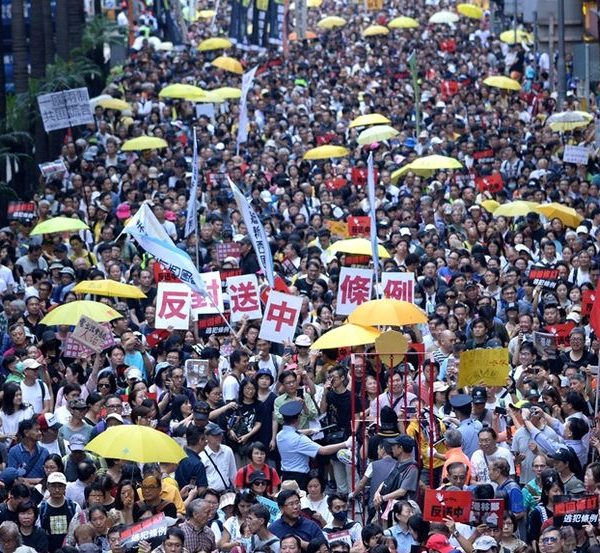
Christians in Hong Kong have found their public voice in protests against the Extradition Bill and their calls for human dignity.
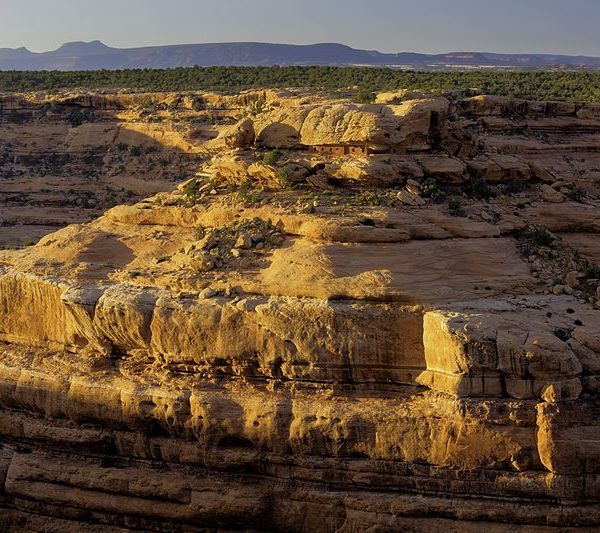
For the very reasons that religious freedom discourse is powerful, arguments made in its register, especially as they stretch the indeterminacy of religion in the directions of collective rights, should appropriately be on the table in Native peoples’ efforts to protect what is sacred to them.
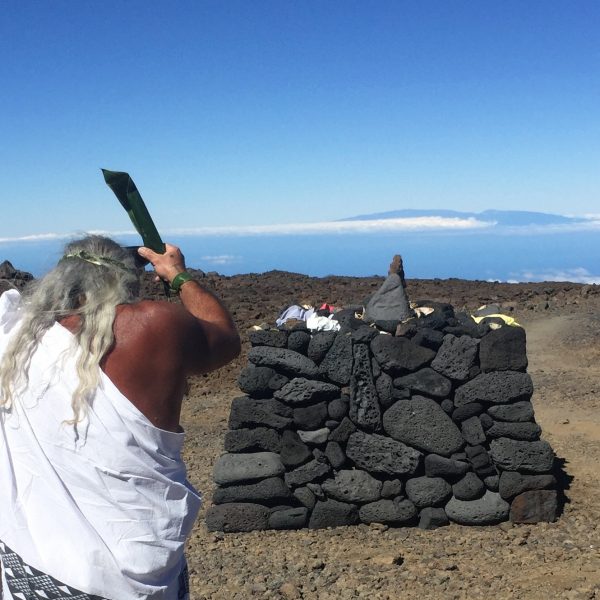
By auto-jurisdiction, I mean to convey the ways people look past the putative authority and mechanisms of prevailing jurisdictions and, alternatively, invoke the authority of tradition as long-term grounded experience in order to construct and speak forth their legitimacy.
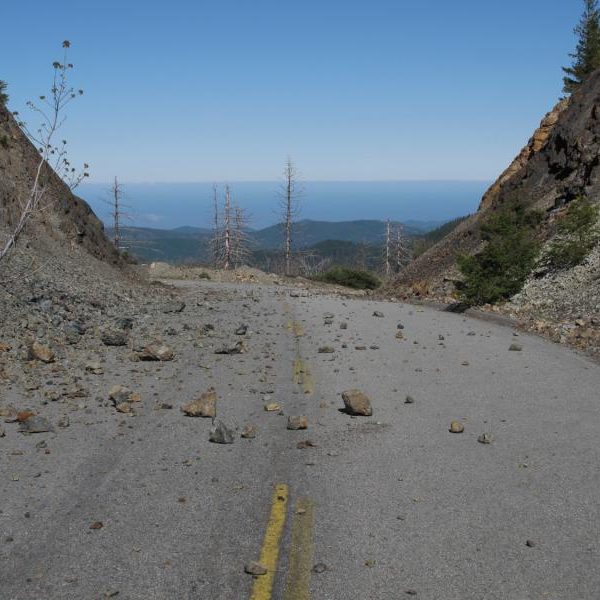
Neither the government nor the Court doubted the religiosity of the practice for which the Yurok, Karuk, and Tolowa nations sought protection. Yet, arguments about religious freedom obscured the true issues at stake and the need for sovereign freedom.
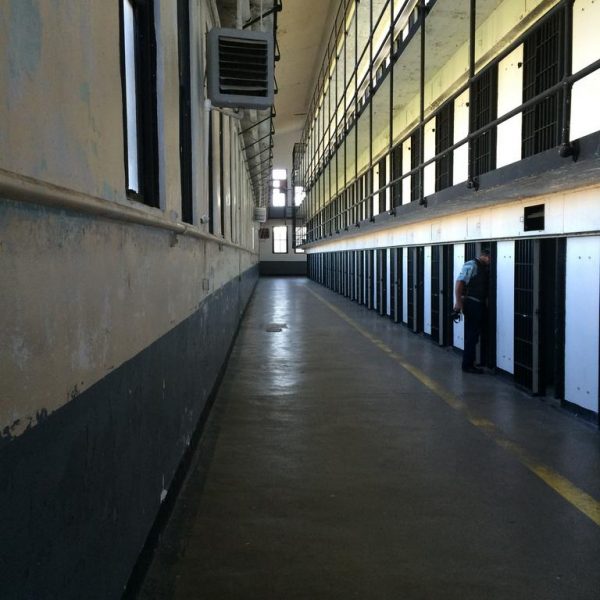
Life in God is defined by a joyous freedom of movement, a loving and adventurous invitation to the dance of the Spirit. The book of Acts is witness to those who accepted this invitation like Peter, moved to go to a Gentile centurion’s home, thus initiating a new ministry with global implications beyond his ken.
